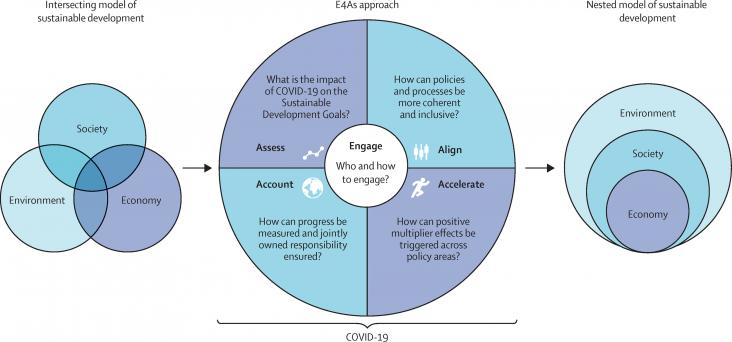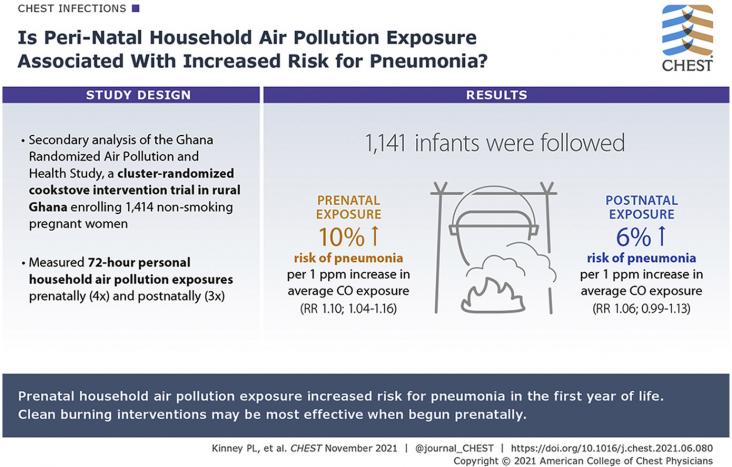Introduction: Air pollution may play an important role in the development of lung cancer in people who have never smoked, especially among East Asian women.

COVID-19 is disrupting and transforming the world. We argue that transformations catalysed by this pandemic should be used to improve human and planetary health and wellbeing.

Background: Nearly 40% of the world's population is exposed daily to household air pollution.
Ethiopia has experienced rapid urbanization over the past three decades. Several cities expanded rapidly and many satellite towns sprung up around the major cities.
Background: The announcement of China's 2060 carbon neutrality goal has drawn the world's attention to the specific technology pathway needed to achieve this pledge.
Women who experience physical IPV are a vulnerable population who disproportionately use abortion services, both within and outside the legal system. The specific needs of this population should be considered when increasing the availability of reproductive care in India.
In concluding, the authors of this paper suggest the introduction of a policy and research agenda that addresses the multiple water–nutrition linkages (the reliable availability, accessibility, and quality of water for all household uses) that will advance our ability to ensure equitable access to healthy foods and safe water for all.
Five professional virtues (compassion, integrity, humility, self-effacement, and self-sacrifice) can be used to provide a practical framework for the professionally responsible design and implementation of medical missions.
At the beginning of this year, the UK government released a White Paper on Reforms of the 1983 Mental Health Act (MHA) aiming to achieve higher quality, accessible mental health care, as well as empow
